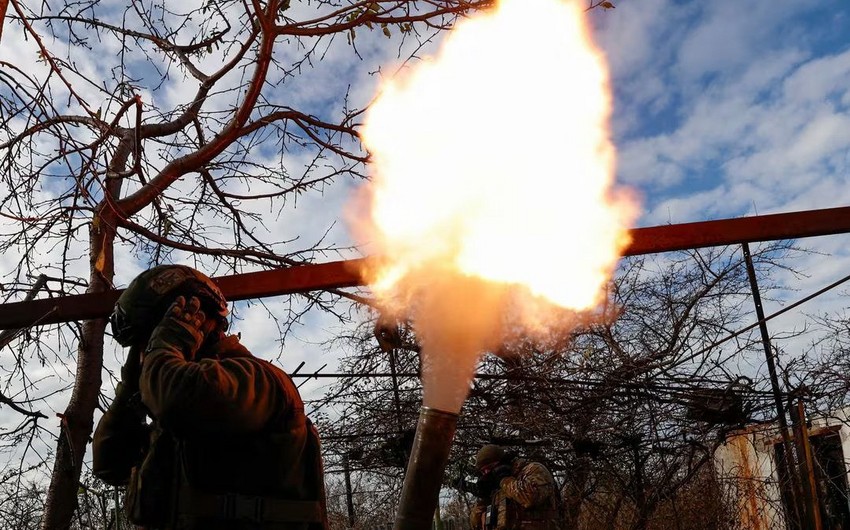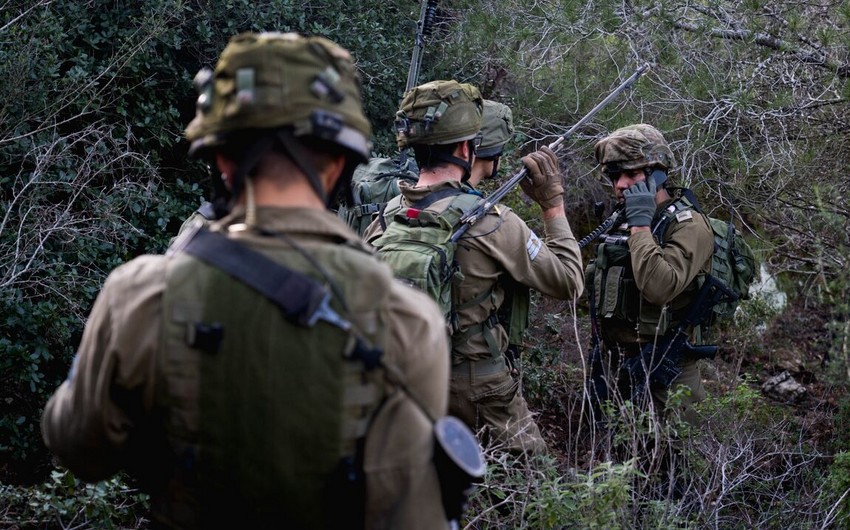Sibling conflict, caused from birth order, parental approach, personality and societal influence, has been examined by sophisticated scholars. Researchers identify various types of sibling conflict and agree that the nature of sibling conflict changes with age. Recently, Campione and Smetana (2010) criticized that young sibling conflict occurs over personal problems since adolescents individuate themselves from others. According to research conducted by Behnish (2011), as children get older, fighting extends to possessiveness and competition on property. It is believed that same-sex siblings and siblings with 2-5 years difference conflict more frequently. Sibling conflict is an actual topic which needs to be investigated to understand the conflict contents.
Since a root of old sibling conflict is found in the acceptance of child sibling conflict, sibling aggression does not end (Caspi, 2012). It intends to get a different form in future which forces siblings to offend each other on company shares or parent care-taking. On the other hand, young siblings fight due to teenage-changed treats in adolescence and childhood. Therefore, authors aim to search how birth order influences sibling conflict and what kind of sibling fights arise. The purpose of this search is to figure out actual sibling conflicts and necessitate age factor as influencing stimulus.
The research question that has been analyzed for this paper is: How does the age factor affect different types of sibling conflict? To answer this question, the following hypothesis has been examined in this study: The age factor changes the concept of sibling conflicts from jealousy of parent love, name-calling, and personal problems to financial issues, the competition and anger in parent care-taking. According to this hypothesis, this study has one independent variable which is age factor and two dependent variables which are child sibling conflicts and adult sibling conflicts.
Background Information About Sibling Relationships
Siblings play a unique role in each other’s life who have long-lasting relationships because they interact more frequently compare to parents or friends. This relationship begins with the introduction of siblings – older sibling is taught that he or she must take care of their sibling, help their mother for support, and play together. After the birth of the second baby, a problem might arise related to jealousy because of parents’ care. Relationship among sibling changes from childhood to adolescence years – teenage-changed behaviors force adolescent siblings to fight on sharing and personal problems. As soon as reaching to adulthood, siblings separate the place they live in and work for because of marriage. They become more emotional and feel repentant to have conflict with siblings during adolescence and childhood period. On the other hand, several siblings conflict on company share due to financial issues and parent care-taking. Scientists are used to expect early childhood to be a critical transitional period in the development of sibling relationships. Therefore, current studies pursue to examine how age changes the quality of sibling relationships.
Sibling Conflicts in Childhood and Adolescence
Early childhood is a critical transitional period in the development of sibling relationships. When parents care one of siblings less, or fathers spend little time with children, child sibling conflict arises in terms of jealousy and lack of parental attention (Updegraff et al, 2005, Caspi, 2012). These reasons lead to teasing, bickering and name-calling among siblings. Siblings tease on meaningless matters such as “Ha-ha, look at him! He cannot even walk!” after one’s falling down, “specky four eyes” for those who wear eyeglasses, “butterball, chubby, porky” for those who are fat, and “dwarf”, inspired from “Cinderella and the Seven Dwarfs” fictional story, for those who are short. These words are observed to be used till adolescence periods which make a condemned sibling hate himself or herself. Teasing extends to a certain level as soon as school mates begin to do the same – “specky four eyes” or “four-eyed” is the most-used one. Moreover, children bicker on most cases when they are not in the central attention of parents, nor learn necessary norms by parents. In this sense, siblings state that “I am right”, “My mother loves me more”, and “This is my toy”. Caspi (2012) points that child sibling conflict results in adolescent and adult sibling conflicts when others, particularly parents, normalize the situation by telling “It is just a play” and “It is how siblings play”. The author (2012) claims that sibling conflict peaks at adolescence period due to changed behaviors. Champione-Barr and Smetana (2010) gives sweater as an example on which siblings do not get along. Therefore, object sharing is one of the most serious problem for adolescent siblings. The authors (2010) claim that adolescent siblings try to engage in adult-like behaviors which result in individuating themselves from others. Additionally, since hatred becomes a bigger issue in adolescence, siblings blow whistle each other when they notice any mistake. Whenever one of the siblings get poor grade and wants to hide a situation from family, sibling might inform parents. In short, childhood plays a critical role to influence development of sibling relationships.
Sibling Conflicts in Adulthood
In his book Caspi (2012) investigates that sibling conflict is normal and developmentally expected if it is done in norm. He shows (2012) Serena and Venus Williams sisters, worldwide tennis players, as siblings who benefit from competition between each other. Furthermore, several siblings are more emotional and repentant in adulthood, in result, they feel pity for sibling conflicts happened in childhood. In adulthood, they visit siblings’ houses on holidays, frequently call each other and even choose to live in a house near to sibling’s. However, some adult siblings fight on financial issues, possessiveness and parent care-taking. In the article (2011), Behnish states that an example from her life; her adult brothers were arising conflict on every conversation, rarely talking to each other, and were together only in the company. This observation shows how older siblings conflict on possessiveness and financial issues. Furthermore, a controversy among adult siblings arises due to parent caretaking duty. For instance, in South Korean study, Sung, Lee, and Park (2008) reports that confusion over parent caretaking roles increases tension (Caspi, 2012). The oldest brother, traditionally, had responsibility for aging parents, but todays legal value shifted this rule; therefore, younger brothers complain of taking care of parents and want traditional hierarchical norms rule again (Caspi, 2012). Last not least, adult siblings cannot agree on the size of property share after death of their parents. Properties such as a prized antique watch and Bible scriptures cannot be distributed among beneficiaries because these items are the ones and siblings do not want to sell or share in terms of money (Titus et al, 1979). According to the case obtained by Titus et al. (1979), Al, the eldest son of family, points that he must get a bigger size of house because he worked in farming with his father. On the other hand, the other siblings advocate that house and all properties should be equally distributed among them according to court decision (Titus et al, 1979). Above mentioned examples demonstrate that sibling conflict continues till adulthood.
Results and Discussion
Sibling conflict has been analysed from different perspectives: some authors have compared with family relations, some approached from societal influence and some discussed sibling relationships in a family with disabled child. However, most authors agree that the content of sibling conflict changes as soon as people age. Childhood is considered as an essential period in involvement of children’s traits. Whereas siblings do not understand each other on personal problems, jealousy, and name-calling in childhood and adolescence period, they conflict on parent caretaking and possessiveness in adulthood. Therefore, recent studies try to examine how age alters the standard of sibling relationships.
According to data of this research, age matters in the quality of sibling contacts and changes conflict contexts. If sibling fight is not ended in childhood or youth, it extends to bigger issues such as conflict on financial problems and parent caretaking. Hatred towards sibling might start before sister or brother is born due to jealousy of parent love. Problems grow up with name-calling, bickering and teasing if parents do not negotiate with their children about appropriate manners. In adulthood period, siblings may become either emotional, or competitive in terms of assets. By the same token, they cannot agree with who should take care of parents.
Conclusion
As shown above, sibling disagreements are intrinsically expected and normal. It is impossible to imagine the world without competition – it applies to siblings as well. The purpose of this research was to clear out age factor influencing different kinds of sibling conflict. After discussing several sources, it is noticeable that age matters in sibling relations. As humans age, the issues that they disagree on can also change. While siblings make fun of each other or call their name ridiculously in early childhood, they offend their siblings because of money in adulthood. More researches need to be investigated to figure out further problems arisen from sibling conflict, specially, in adulthood. How sibling controversy arises based on financial assets should be provided by further studies.
Gunay Ismayilzadeh



















